A desperate young journalist turns to podcasting to salvage her career, but her rush to make headlines leads her to an alien conspiracy. Monolith (2023), directed by Matt Vesely and […]

A desperate young journalist turns to podcasting to salvage her career, but her rush to make headlines leads her to an alien conspiracy. Monolith (2023), directed by Matt Vesely and […]
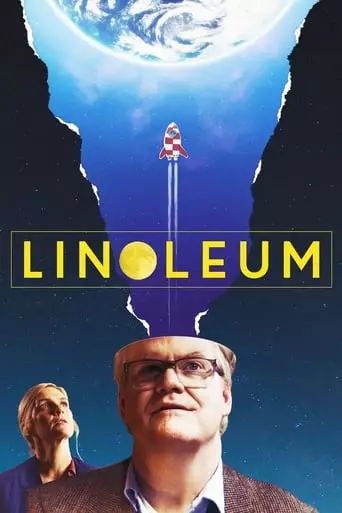
When the host of a failing children’s science show tries to fulfill his childhood dream of becoming an astronaut by building a rocket ship in his garage, a series of […]
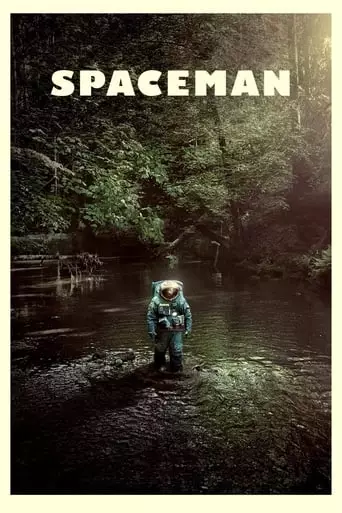
During a research mission, an astronaut discovers that his marriage is in trouble. Luckily, he has the help of a mysterious creature hidden in his ship. Spaceman (2024) is a […]

In a world where superpowered people are heavily policed by robots, an ex-con teams up with a drug lord he despises to protect a teen from a corrupt cop. Code […]

Follow the mythic journey of Paul Atreides as he unites with Chani and the Fremen while on a warpath of revenge against the conspirators who destroyed his family. Facing a […]
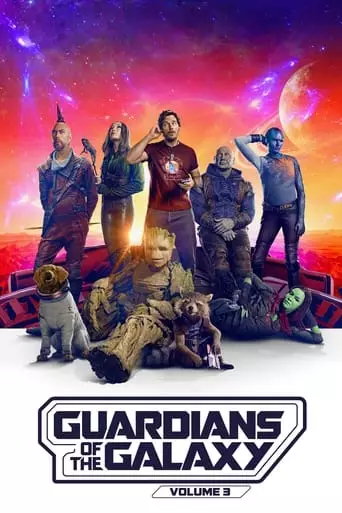
Peter Quill, still reeling from the loss of Gamora, must rally his team around him to defend the universe along with protecting one of their own. A mission that, if […]

After reuniting with Gwen Stacy, Brooklyn’s full-time, friendly neighborhood Spider-Man is catapulted across the Multiverse, where he encounters the Spider Society, a team of Spider-People charged with protecting the Multiverse’s […]
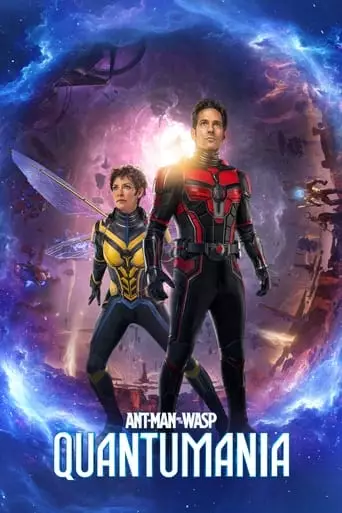
Super-Hero partners Scott Lang and Hope van Dyne, along with with Hope’s parents Janet van Dyne and Hank Pym, and Scott’s daughter Cassie Lang, find themselves exploring the Quantum Realm, […]
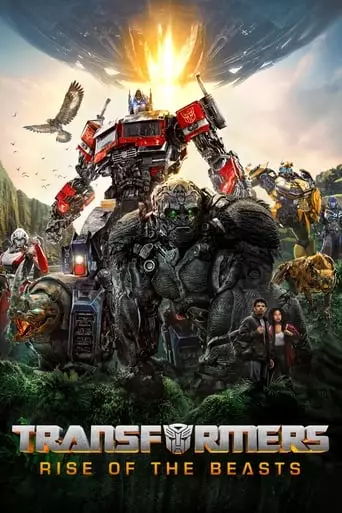
When a new threat capable of destroying the entire planet emerges, Optimus Prime and the Autobots must team up with a powerful faction known as the Maximals. With the fate […]

When his attempt to save his family inadvertently alters the future, Barry Allen becomes trapped in a reality in which General Zod has returned and there are no Super Heroes […]
Science Fiction Movies: Exploring the Future and the Unknown
The science fiction (sci-fi) movie genre is one of the most imaginative and visionary genres in cinema, often pushing the boundaries of human thought and technology. These films blend futuristic ideas with scientific concepts to explore alternate realities, space exploration, time travel, artificial intelligence, alien encounters, and the ethical implications of advancing technologies. Sci-fi movies not only entertain but also serve as a lens through which to examine contemporary societal issues, philosophy, and the human condition.
The science fiction genre has a long and storied history that dates back to the silent era of cinema. Early films like A Trip to the Moon (1902) by Georges Méliès offered audiences a whimsical, imaginative view of space travel and paved the way for future sci-fi storytelling.
In the 1950s, the genre took on a new form, influenced by Cold War anxieties, with films like The Day the Earth Stood Still (1951) and Invasion of the Body Snatchers (1956). These movies used sci-fi elements as allegories for societal fears of nuclear war, communism, and alien invasion, reflecting the paranoia of the time.
The genre underwent a major transformation in the late 1960s and 1970s, with directors like Stanley Kubrick and George Lucas reshaping sci-fi into a more philosophical and visually ambitious genre. Kubrick’s 2001: A Space Odyssey (1968) revolutionized science fiction with its groundbreaking special effects and exploration of existential questions about humanity’s place in the universe. In contrast, George Lucas’ Star Wars (1977) redefined the genre with its epic space opera narrative, combining futuristic technology with a classic hero’s journey.
The 1980s and 1990s were a golden era for sci-fi cinema, marked by the rise of blockbuster films such as Star Wars: The Empire Strikes Back (1980), Aliens (1986), The Terminator (1984), and Jurassic Park (1993). During this period, filmmakers pushed the limits of special effects, using new technologies like CGI to create realistic portrayals of futuristic worlds, extraterrestrial beings, and cutting-edge technology.
In the 21st century, the sci-fi genre has continued to evolve, frequently blending with other genres such as action, thriller, and horror. Films like Inception (2010) and Gravity (2013) showcase the genre’s ability to combine visual spectacle with intricate, thought-provoking plots. Superhero films like those in the Marvel Cinematic Universe also incorporate strong sci-fi elements, often centered around advanced technology, alien races, and alternate dimensions.
Furthermore, the rise of neo-noir and cerebral sci-fi films, like Blade Runner 2049 (2017) and Annihilation (2018), shows a trend towards more philosophical, slower-paced explorations of technology and humanity’s role in the cosmos. These films are visually stunning and encourage audiences to reflect on the consequences of scientific advancement.
The sci-fi genre has had a profound influence on popular culture, inspiring technological advancements and shaping public discourse on ethics and innovation. Films like Star Trek (1966) inspired real-world innovations like mobile phones and medical devices, while The Matrix and Black Mirror (2011-present) have sparked discussions about artificial intelligence, virtual reality, and digital surveillance.
Science fiction also reflects societal concerns and hopes, acting as a mirror for humanity’s fears about climate change, war, pandemics, and the rise of authoritarian regimes. At the same time, it inspires optimism, envisioning a future where technology can solve humanity’s greatest challenges, from space colonization to curing diseases.
The science fiction movie genre remains one of the most versatile and dynamic categories in cinema, constantly evolving to reflect societal changes and technological advancements. From space exploration to dystopian futures, sci-fi films not only entertain with visually stunning worlds and imaginative narratives but also challenge audiences to ponder the ethical and philosophical questions of tomorrow. Whether set in galaxies far away or on a dystopian Earth, sci-fi continues to captivate, provoke, and inspire through its exploration of the unknown.